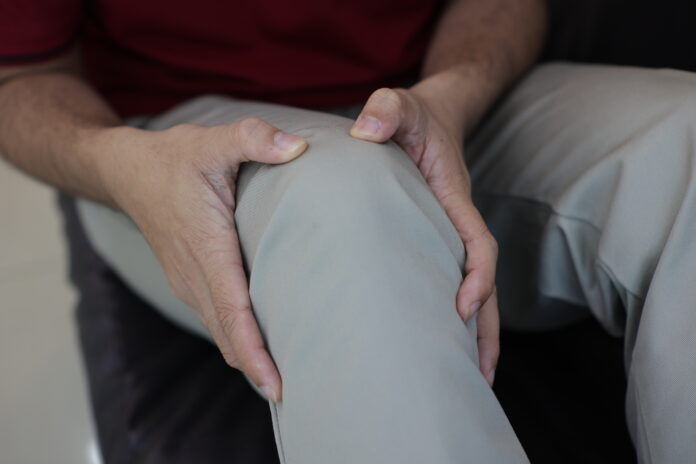Researchers have reported significant long-term benefits from Genicular Artery Embolisation (GAE) in treating knee osteoarthritis, according to the GENESIS (Genicular Artery Embolisation in Patients with Osteoarthritis of the Knee) study. Published in CardioVascular and Interventional Radiology, the study demonstrates the sustained pain relief and functional improvement GAE offers to patients with mild-to-moderate knee osteoarthritis.
Osteoarthritis (OA), the most common arthritis type, affects millions globally, causing severe pain and mobility issues, especially in weight-bearing joints like the knees. Traditional treatments like pain medications and physical therapy often provide only temporary relief without addressing the condition’s root cause.
GAE is a minimally invasive procedure targeting patients with knee OA who do not respond to other treatments or are unsuitable for knee replacement surgery. It involves inserting microparticles to block blood flow to the knee’s synovial lining, thereby reducing pain signals.
M. W. Little from the University of Reading and colleagues conducted a two-year follow-up on 46 patients with a median age of 60, who underwent GAE using permanent microspheres (100–300 μm). The study reported an 87% technical success rate in embolizing the targeted genicular arteries. VAS scores improved significantly, from an average of 58.63 at baseline to 37.7 at two years. The Knee Injury and Osteoarthritis Outcome Score (KOOS) showed significant improvement at all time points, with a corresponding reduction in analgesia usage. MRI scans revealed a significant decrease in synovitis, with no cases of osteonecrosis. Adverse events included self-limiting skin discoloration in four patients, a groin hematoma, and one case of deep-vein thrombosis. Nine patients later required knee arthroplasty without additional operational complications. Neuropsychometric assessments indicated a correlation between baseline catastrophizing and greater pain reduction post-GAE.
As reported by Medical Dialogues, the researchers concluded that GAE is a safe and effective intervention for mild-to-moderate knee osteoarthritis, maintaining its efficacy over two years. They called for further controlled trials to explore optimal materials, biomarkers, and neuropsychological phenotypes to identify ideal patient candidates for GAE, as well as to study the relationship between OA severity and outcomes following GAE in relation to OA pathogenesis.
























